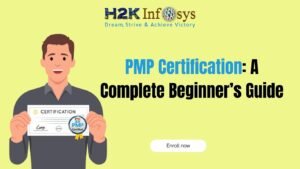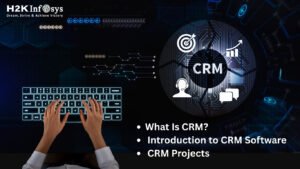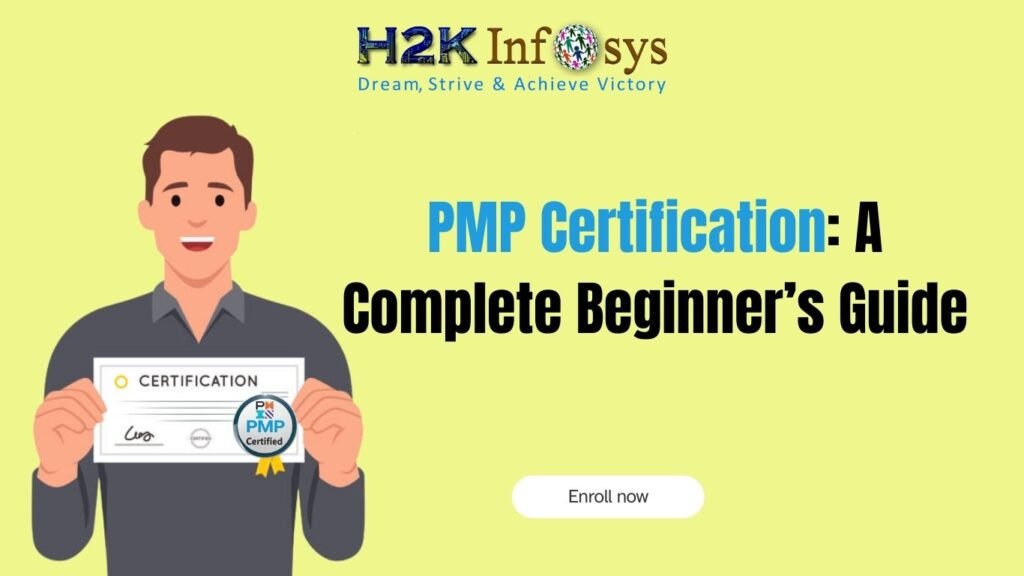Introduction
Customer relationships are the heart of every successful business. In today’s competitive market, organizations that manage customer data efficiently, personalize engagement, and forecast future needs have the advantage. That is exactly where Salesforce CRM shines.
As we move into 2025, Salesforce CRM remains the world’s leading customer relationship management platform. Businesses across industries from retail and healthcare to finance and IT are investing in Salesforce to streamline operations, improve sales pipelines, and deliver outstanding customer experiences. With the rise of artificial intelligence (AI), automation, and integrated analytics, Salesforce is no longer just a CRM; it’s a business growth engine.
In this blog, we will explore the 10 key benefits of using Salesforce CRM in 2025, supported by real-world examples and industry insights. We’ll also explain why mastering Salesforce through Salesforce training certification, Salesforce trainings, and SFDC training is a career game-changer.
1. Centralized Customer Data for Better Decision-Making
One of the greatest advantages of Salesforce is its ability to centralize data. Companies often struggle with fragmented information spread across different systems. Salesforce CRM integrates customer details, purchase history, support tickets, and communication records into one single platform.
In 2025, with advanced AI-powered dashboards, managers can instantly analyze customer behavior trends. For example, a retail company can identify loyal customers by tracking their buying frequency and send them personalized offers.
For professionals, Salesforce trainings provide the knowledge to build these data models, create reports, and visualize insights that lead to smarter decisions.
2. Enhanced Sales Productivity with Automation
Salesforce automates repetitive sales tasks like lead assignment, email follow-ups, and opportunity tracking. With AI-driven lead scoring, sales teams know which prospects are most likely to convert.
Imagine a sales representative spending less time on manual data entry and more time nurturing high-value clients. This automation not only increases productivity but also ensures no leads are overlooked.
By completing a Salesforce training certification, learners gain practical expertise in using automation tools such as Salesforce Flow, Process Builder, and Einstein AI to optimize sales pipelines.
3. Personalized Customer Engagement
Today’s customers expect more than generic messages; they want personalized experiences. Salesforce CRM leverages AI and predictive analytics to tailor communication across email, chat, and social media.
For example, an e-commerce company can recommend products based on past purchases. A healthcare provider can send reminders for checkups or prescriptions. This personalization deepens trust and loyalty.
Through SFDC training, students learn how to create custom workflows, segment customers, and design targeted campaigns that improve engagement.
4. Seamless Integration with Other Applications
In 2025, businesses use a variety of tool marketing automation platforms, accounting software, HR systems, and e-commerce sites. Salesforce CRM integrates seamlessly with these applications through APIs and AppExchange.
For instance, integrating Salesforce with Slack ensures that sales updates reach the right team instantly. Connecting with payment gateways like PayPal allows smooth order management.
Salesforce certification programs prepare learners to manage these integrations, ensuring smooth data flow across multiple systems.
5. AI-Powered Insights with Salesforce Einstein
Salesforce Einstein, the built-in AI tool, is revolutionizing CRM in 2025. It provides predictive analytics, natural language processing, and automated recommendations.
For example:
- A bank can predict which customers are likely to need loan refinancing.
- A travel agency can anticipate seasonal demand and adjust promotions.
Einstein turns raw data into actionable insights, giving companies a competitive edge.
By pursuing Salesforce training certification, professionals gain hands-on exposure to AI tools that are shaping the future of Salesforce CRM.
6. Improved Customer Support with Service Cloud
Customer satisfaction can make or break a business. Salesforce Service Cloud empowers support teams with a 360-degree customer view, real-time chatbots, and knowledge bases.
In 2025, companies are using Service Cloud to provide 24/7 customer service across multiple channels phone, email, chat, and social media. Customers receive quick resolutions, improving overall satisfaction.
Salesforce trainings cover Service Cloud modules, equipping learners to configure case management, build chatbots, and design workflows that ensure exceptional support.
7. Scalable and Flexible for Businesses of All Sizes
From startups to multinational corporations, Salesforce CRM adapts to every business need. Its cloud-based model allows scalability whether a company has 10 users or 10,000.
For example, a small IT consultancy may begin with Salesforce Essentials. As it grows, it can upgrade to Sales Cloud, Service Cloud, or Marketing Cloud without disrupting operations.
SFDC training helps professionals configure Salesforce CRM to match the size, budget, and goals of any organization.
8. Advanced Analytics and Reporting
Data without analysis is meaningless. Salesforce provides customizable dashboards, real-time reports, and forecasting tools that help managers monitor KPIs and sales pipelines.
In 2025, integration with Tableau (acquired by Salesforce) has enhanced visualization capabilities. Decision-makers can now turn complex data into simple charts, maps, and trends.
Learners who complete Salesforce training certification gain the skills to create reports that highlight actionable insights, enabling data-driven decision-making in every business function.
9. Strengthened Collaboration with Salesforce Chatter and Slack
Collaboration is critical for remote and hybrid teams. Salesforce Chatter and Slack integration allow employees to communicate, share documents, and discuss customer cases in real time.
For example, a sales rep can update an opportunity in Salesforce, and the entire team receives instant updates via Slack. This transparency accelerates deal closures and improves teamwork.
By enrolling in Salesforce certification programs, learners acquire the ability to set up and manage these collaborative platforms effectively.
10. Future-Proof Technology with Continuous Innovation
Salesforce updates its platform three times a year, ensuring businesses always have access to the latest features whether it’s AI, IoT, blockchain, or mobile optimization.
In 2025, Salesforce is at the forefront of sustainability, offering Net Zero Cloud to track carbon footprints and support eco-friendly business models. This innovation ensures companies remain future-ready.
Salesforce trainings help professionals stay updated on new releases, giving them an edge in a rapidly changing market.
Practical Relevance: Why Professionals Need Salesforce Training
While Salesforce delivers powerful tools for businesses, its full potential can only be realized when professionals are skilled in using it. That’s where Salesforce training certification, Salesforce trainings, and SFDC training become essential.
- Career Growth: Salesforce administrators, developers, and consultants are among the most in-demand professionals in the IT job market.
- High Salaries: According to industry reports, Salesforce-certified professionals earn 25–30% higher salaries than non-certified peers.
- Job Opportunities: Over 9.3 million jobs will be created in the Salesforce CRM ecosystem by 2026 (IDC report).
At H2K Infosys, our Salesforce CRM course online provides learners with hands-on projects, real-time case studies, and placement assistance to build industry-ready skills.
Step-by-Step Guide: How to Get Started with Salesforce
- Understand CRM Basics – Learn how businesses use customer relationship management platforms.
- Choose a Salesforce Path – Decide between roles such as Admin, Developer, or Consultant.
- Enroll in a Salesforce Course Online – Join a structured program that covers theory, practice, and certification preparation.
- Work on Real Projects – Apply your learning to case studies and real-world simulations.
- Get Certified – Earn Salesforce training certification to validate your skills.
- Apply for Jobs – Explore opportunities in IT, consulting firms, finance, healthcare, and retail.
Key Takeaways
- Salesforce CRM in 2025 offers unmatched benefits: centralized data, automation, personalization, AI insights, and scalability.
- Businesses across industries rely on Salesforce for sales, marketing, service, and analytics.
- Professionals with Salesforce training certification and SFDC training are in high demand with excellent career growth opportunities.
Conclusion
Salesforce CRM is no longer just a software it is a strategic partner for business growth. In 2025, companies that adopt Salesforce gain a significant advantage in productivity, customer engagement, and innovation. For individuals, mastering Salesforce through Salesforce trainings is the smartest step toward building a high-paying, future-proof career.
Take the next step with H2K Infosys. Enroll in our Salesforce course online today and gain the skills, certifications, and confidence to lead in the Salesforce ecosystem.


























